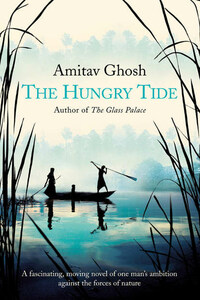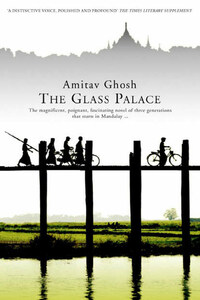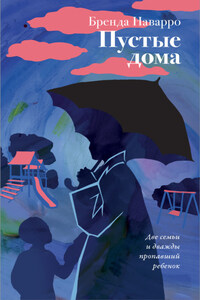The Borough Press
An imprint of HarperCollinsPublishers 1 London Bridge Street Hammersmith, London W6 8JB
www.harpercollins.co.uk
Published by HarperCollinsPublishers 2005
Copyright © Amitav Ghosh 2004
Cover photographs © Trygve Bolstad/Panos Pictures (people in boat); Photodisc Green/Getty Images (reeds); Shahidul Alam/Panos Pictures (ox carts); George McCarthy/Corbis (mangrove swamps)
Amitav Ghosh asserts the moral right to be identified as the author of this work
A catalogue record for this book is available from the British Library
This novel is entirely a work of fiction. The names, characters and incidents portrayed in it, while at times based on historical events and figures, are the work of the author’s imagination.
All rights reserved under International and Pan-American Copyright Conventions. By payment of the required fees, you have been granted the nonexclusive, nontransferable right to access and read the text of this e-book onscreen. No part of this text may be reproduced, transmitted, downloaded, decompiled, reverse engineered, or stored in or introduced into any information storage and retrieval system, in any form or by any means, whether electronic or mechanical, now known or hereinafter invented, without the express written permission of HarperCollins e-books.
HarperCollinsPublishers has made every reasonable effort to ensure that any picture content and written content in this ebook has been included or removed in accordance with the contractual and technological constraints in operation at the time of publication.
Source ISBN: 9780007141784
Ebook Edition © JULY 2012 ISBN: 9780007368761 Version: 2016-04-07
Kanai spotted her the moment he stepped onto the crowded platform: he was deceived neither by her close-cropped black hair, nor by her clothes, which were those of a teenage boy – loose cotton pants and an oversized white shirt. Winding unerringly through the snack-vendors and tea-sellers who were hawking their wares on the station’s platform, his eyes settled on her slim, shapely figure. Her face was long and narrow, with an elegance of line markedly at odds with the severity of her haircut. There was no bindi on her forehead and her arms were free of bangles and bracelets, but on one of her ears was a silver stud, glinting brightly against the sun-deepened darkness of her skin.
Kanai liked to think that he had the true connoisseur’s ability to both praise and appraise women, and he was intrigued by the way she held herself, by the unaccustomed delineation of her stance. It occurred to him suddenly that perhaps, despite her silver ear-stud and the tint of her skin, she was not Indian, except by descent. And the moment the thought occurred to him, he was convinced of it: she was a foreigner; it was stamped in her posture, in the way she stood, balancing on her heels like a flyweight boxer, with her feet planted apart. Among a crowd of college girls on Kolkata’s Park Street she might not have looked entirely out of place, but here, against the sooty backdrop of the commuter station at Dhakuria, the neatly composed androgyny of her appearance seemed out of place, almost exotic.
Why would a foreigner, a young woman, be standing in a south Kolkata commuter station, waiting for the train to Canning? It was true of course that this line was the only rail connection to the Sundarbans. But so far as he knew it was never used by tourists – the few who travelled in that direction usually went by boat, hiring steamers or launches on Kolkata’s riverfront. The train was mainly used by people who did daily-passengeri, coming in from outlying villages to work in the city.
He saw her turning to ask something of a bystander and was seized by an urge to listen in. Language was both his livelihood and his addiction and he was often preyed upon by a near-irresistible compulsion to eavesdrop on conversations in public places. Pushing his way through the crowd he arrived within earshot just in time to hear her finish a sentence that ended with the words ‘train to Canning?’ One of the onlookers began to explain, gesticulating with an upraised arm. But the explanation was in Bengali and it was lost on her. She stopped the man with a raised hand and said, in apology, that she knew no Bengali:









